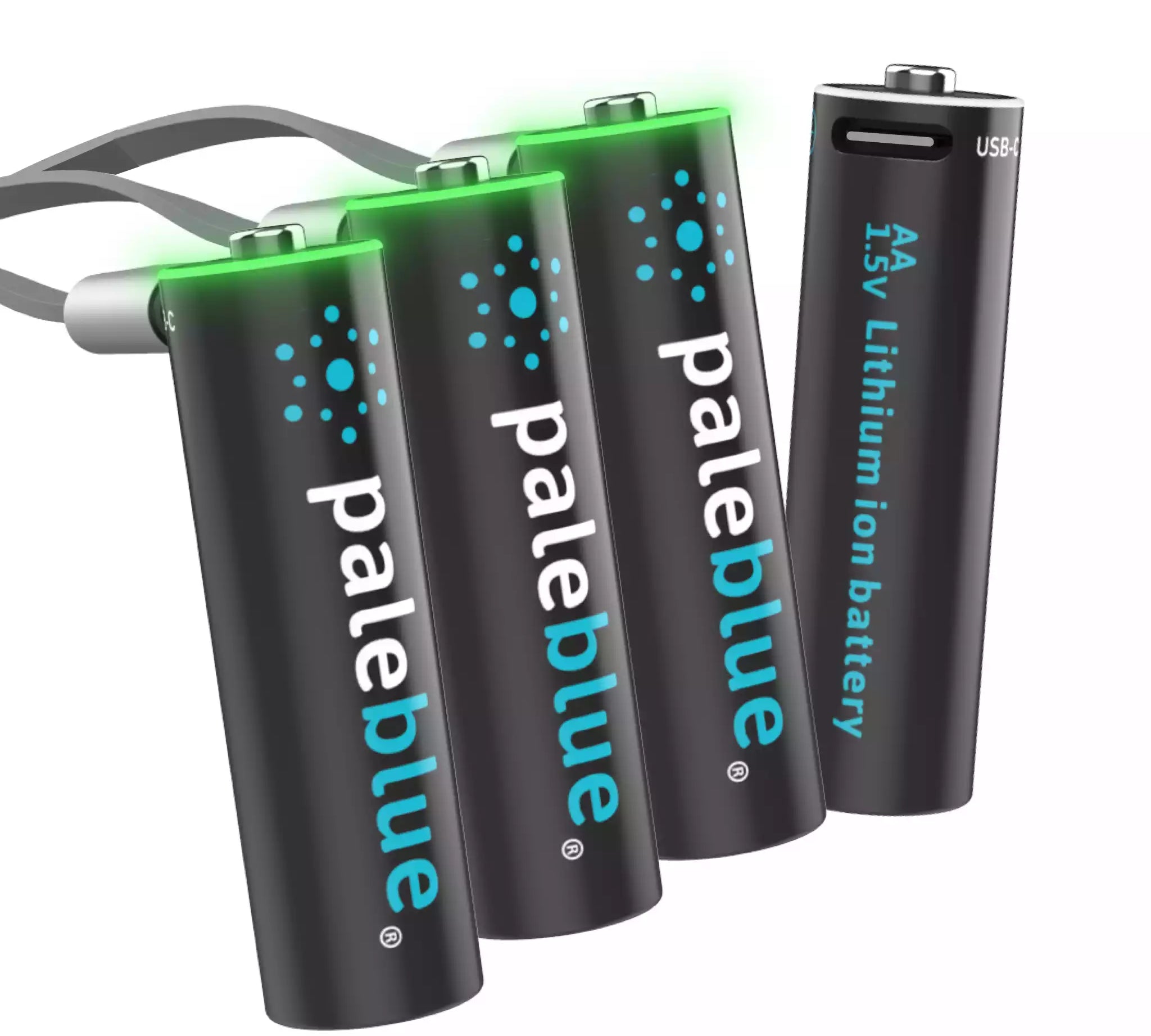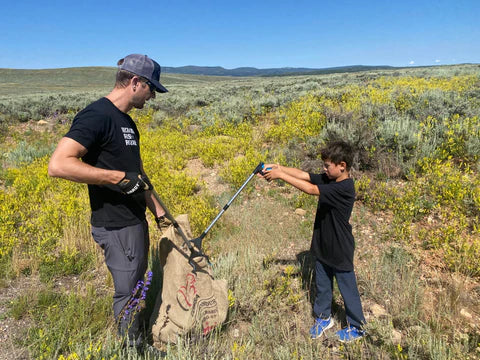EST. 2019 Park City, Utah
Paleblue was founded to end single-use batteries
Disposable batteries create millions of pounds of waste annually, but traditional rechargeables weren’t good enough to inspire real change. So we created a better battery: fast-charging, superior performance, and a clear reason to leave disposables behind.












